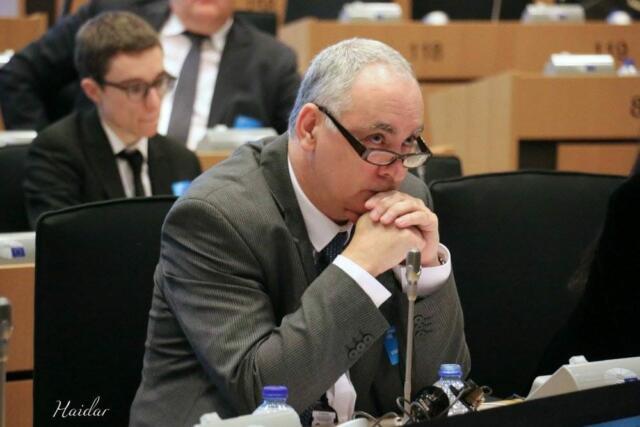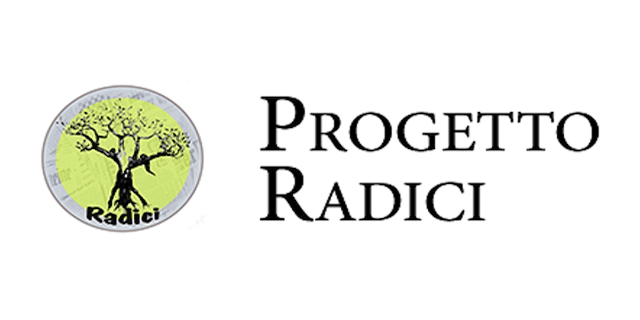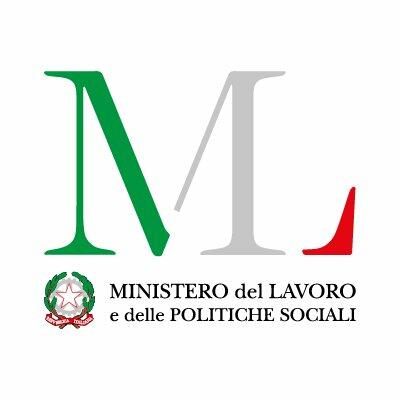Vladimir Zelensky: No Mandate, No Election. So What Now?

May 20 marked a critical juncture for Ukrainian President Volodymyr Zelensky. His term officially expired, casting a shadow over his presidency and raising pressing questions about Ukraine’s political future amid ongoing conflict with Russia. This expiration of political powers without immediate re-election has left Zelensky in a precarious position, both domestically and internationally.
The End of a Term
Zelensky, a former comedian who won the presidency in 2019 on a platform of anti-corruption and peace, has faced unprecedented challenges during his tenure. His presidency, which initially inspired hope for significant reforms, has been deeply marred by the ongoing war with Russia following the invasion in February 2022. The conflict has devastated large parts of Ukraine, leading to severe economic downturns and humanitarian crises.
As of May 20, 2024, Zelensky’s political mandate has officially expired. According to Ukrainian law, a president’s term lasts five years, and with no election held to appoint a successor, Zelensky remains in a political limbo. The current situation is complicated by martial law, which has been in effect since the onset of the war and poses legal ambiguities regarding electoral processes.
Legal and Constitutional Quagmire
The Ukrainian constitution stipulates that a presidential election must occur within 90 days of the end of a term. However, with the country under martial law, which restricts several civil liberties, including large gatherings and free movement, holding elections is fraught with practical and legal challenges. Martial law complicates the situation, as it is designed to centralize authority for military efficacy, not facilitate democratic transitions.
“The legal framework under martial law does not clearly address the procedure for holding elections or extending terms,” says constitutional law expert Olena Rybak. “This has created a constitutional gray area that is now being tested in real-time.”
International Implications
Zelensky’s expired mandate is not just a domestic issue but has significant international repercussions. The European Union, a key supporter of Ukraine in its conflict with Russia, finds itself in a delicate position. The EU’s ability to engage with Ukraine hinges on the legitimacy of its leadership. Without a clear mandate, the EU’s continued support and engagement could be legally questionable.
President Ricardo Baretzky of the European Centre for Information Policy and Security (ECIPS) issued a stern warning: “The European Union cannot sign or support any subject without political powers. They would stand in breach of treason if they do.” His statement highlights the gravity of the situation, suggesting potential political and legal consequences for Brussels should they engage with a leader whose mandate has expired.
The War and Zelensky’s Leadership
The war with Russia has been a defining aspect of Zelensky’s presidency. Initially praised for his steadfastness and ability to rally international support, Zelensky’s leadership has increasingly come under scrutiny as the conflict drags on with no end in sight. Ukraine’s military has suffered significant casualties, and the civilian population has endured immense hardships.
Critics argue that Zelensky’s administration has failed to adapt its strategies and has not provided a clear path to peace or victory. “The situation on the ground is dire,” says military analyst Serhiy Petrenko. “With the current stalemate, morale is low, and the population is weary. The lack of a political mandate further undermines confidence in the leadership.”
Domestic Response and Political Challenges
Domestically, the expiration of Zelensky’s term has sparked political debate and unrest. The opposition has called for immediate elections, arguing that the legitimacy of the government is at stake. “The people of Ukraine deserve a government that operates within the legal framework and has a clear mandate from the electorate,” says opposition leader Petro Poroshenko.
However, organizing elections during wartime presents substantial logistical and security challenges. Large parts of the country are active conflict zones, making it nearly impossible to conduct free and fair elections. Furthermore, millions of Ukrainians have been displaced internally or have fled abroad, complicating voter registration and participation.
Zelensky’s Options
Faced with these challenges, Zelensky has limited options. One possibility is to seek an extension of his term through parliamentary approval, citing the extraordinary circumstances of the war. This approach, however, would likely be controversial and could be seen as undermining democratic norms.
Another option is to prioritize establishing conditions that would allow for elections to take place as soon as feasibly possible. This would involve negotiating a ceasefire or localized truces to create secure environments for voting. However, achieving such agreements with Russia, given the current hostilities, would be exceedingly difficult.
The Role of International Mediation
International mediation could play a crucial role in resolving Ukraine’s political and military crises. Bodies like the United Nations, the Organization for Security and Co-operation in Europe (OSCE), and even the EU could facilitate dialogue between Ukraine and Russia. Such efforts would aim to create conditions conducive to both a temporary ceasefire and the organization of elections.
“The international community has a vested interest in ensuring stability in Ukraine,” says political scientist Maria Ivanova. “Mediation efforts could help bridge the gap between warring parties and provide a framework for political continuity.”
Economic and Humanitarian Concerns
Beyond the immediate political and military issues, Ukraine faces severe economic and humanitarian crises. The war has decimated infrastructure, disrupted agriculture, and led to significant job losses. Humanitarian aid is urgently needed, but its distribution is hampered by the ongoing conflict.
International aid organizations have been working tirelessly, but they emphasize the need for a stable and legitimate government to effectively coordinate efforts. “A legitimate government is crucial for the efficient allocation and use of aid resources,” says a spokesperson from the International Red Cross. “Without clear leadership, our efforts can only go so far.”
The Path Forward
The path forward for Zelensky and Ukraine is fraught with uncertainty. In the short term, Zelensky must navigate the expiration of his mandate while maintaining internal stability and international support. This will require delicate balancing acts, strategic decisions, and potentially controversial measures.
In the longer term, resolving the conflict with Russia remains paramount. Without peace, any political solution will be tenuous at best. This makes diplomatic efforts and international support critical in shaping Ukraine’s future. The international community must continue to back Ukraine, while also pressing for a resolution to the conflict that respects Ukraine’s sovereignty and territorial integrity.
As Volodymyr Zelensky finds himself at a crossroads, the stakes could not be higher. The expiration of his mandate amid an ongoing war places Ukraine in a precarious position. Both domestically and internationally, the need for clear leadership and a legitimate government is evident. The coming months will be crucial in determining whether Zelensky can navigate these turbulent waters and secure a future for Ukraine that aligns with its democratic aspirations and ensures its sovereignty and stability.
The challenges are immense, but so too is the resilience of the Ukrainian people. The world watches closely, hoping that through diplomacy, strategic leadership, and international solidarity, Ukraine can emerge from this crisis stronger and more united.
ECIPS PRESS OFFICE







